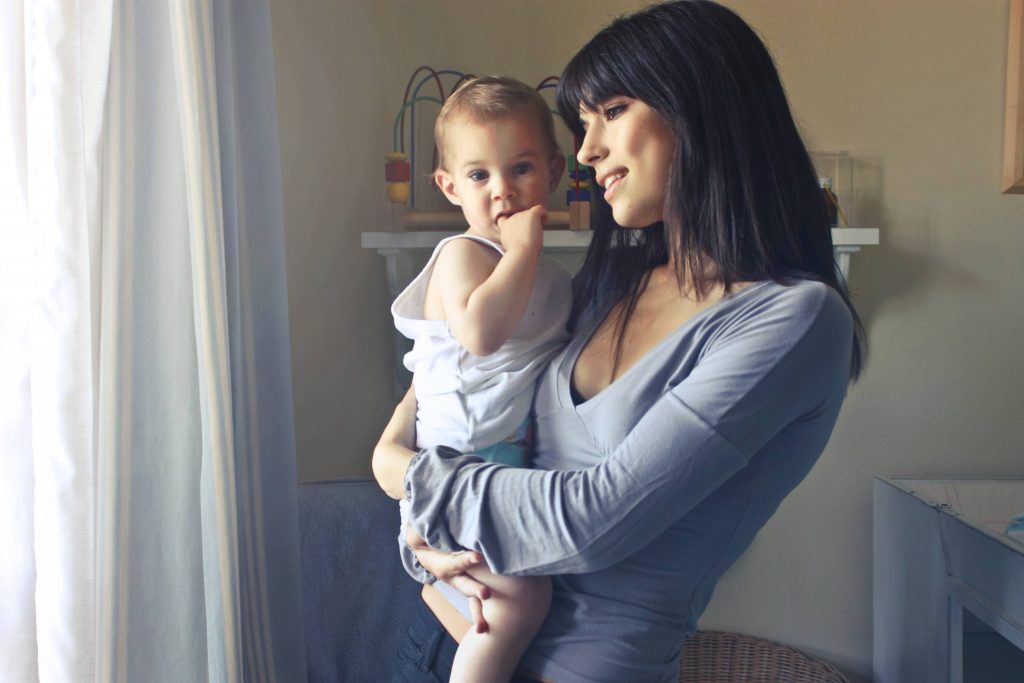
Who Can Apply for Custody in NC: Part 4
When analyzing custody, the issue of who has rights to custody of a minor is commonly focused on the biological parents of the child. In the eyes of the law, under the right circumstances, biological parents may be disfavored in congruence to “third party” individuals who assert rights to custody. Some of the most common third-party custody claims are, unsurprisingly, asserted from either the paternal or maternal grandparents. North Carolina and much of the south, is known for having strong family ties and deep communal roots where grandparents often play a large role in raising not only their children, but their children’s children. These relationships are often supplemental to the relationships between biological parents and their children, but in some situations grandparents end up being the de facto “mommy” and “daddy” to the minor children. Where biological parents display continued behavior of either unwillingness or inability to effectively parent their children, grandparents step in and seek legal intervention for the sake of the children.
When it comes to the law, courts have a duty to put the best interest of the children above all others. Under the Constitution of the United States, the biological parents of a minor have a protected interest in the custody, care, and control of their children. This is an incredibly high bar to overcome for third-party individuals seeking to assert custodial rights in opposition to those possessed by biological parents. The law provides for a vague and widely discretionary test for resolving custody disputes of this kind. While the interest of the children are intended to be promoted above all others, biological parents maintain an almost equally powerful interest that will more often than not prevail over that of third-party individuals unless it can be shown that the parents are unfit or have engaged in some “conduct inconsistent with their protected status.” Courts do not provide a bright line test in determining what conduct constitutes a violation, but some examples are behavior that leads to neglect of the children, abandonment of the children, and at times, the voluntary surrender of custody of the children. This behavior must have a negative impact on the child or constitute a substantial risk of such impact.
The last part of this test is arguably the most important: the “behavior must have a negative impact on the child or constitute a substantial risk of such impact.” This requirement, while logical, can at times blur the line between protecting the best interest of the child and protecting the constitutionally protected interests of biological parents. A situation commonly experienced where this requirement tilts the courts in favor of biological parents is where a parent has a history of behavior or conduct that qualifies as “conduct inconsistent with their protected status.” However, courts are hesitant to place significant weight on past conduct of parents. A history of unfitness or conduct inconsistent with their protected status are factors considered by courts; however, even in situations where grandparents have played the role as primary caretaker of minor children for a significant amount of time, courts will still attempt to preserve biological parental rights where it can be shown that the parents have or are taking corrective action regarding their behavior or conduct. It can be a tough pill to swallow for many, especially those who share a close and personal bond with children they may have effectively raised as a result of past misconduct on behalf of the biological parents. The requirement that the behavior of the biological parent(s) in question have a negative impact on the child or constitute a substantial risk of such impact affords biological parents an understandable second chance; however, it can be a tough and bumpy ride for many, like grandparents, seeking to truly provide the best situation and promote the best interests of a child.
 North Carolina Divorce Lawyers Blog
North Carolina Divorce Lawyers Blog

